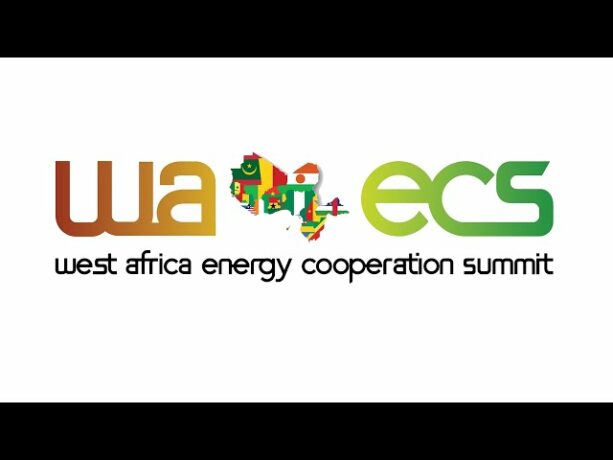
During her participation in the Ministerial Meeting on Sustainable Fuels in Japan, South Africa’s Deputy Minister of Science, Technology, and Innovation, Nomalungelo Gina, reaffirmed her country’s commitment to sustainable fuels and hydrogen energy. She highlighted South Africa’s decarbonization efforts, despite the nation’s historically carbon-intensive economy.
The Deputy Minister emphasized the importance of international collaboration to successfully drive this transition.
“The goal is to use this dialogue platform to intensify our efforts in line with the global momentum on sustainable fuels, in collaboration with relevant countries and international organizations,” Gina stated.
She noted that sustainable fuels, including Sustainable Aviation Fuels (SAF), are a critical element of South Africa’s national decarbonization strategy, aimed at powering transportation, industry, and the broader economy while reducing greenhouse gas emissions and meeting the country’s climate commitments.
The Central Role of Policy and Innovation
Gina highlighted the robust policy frameworks already in place, notably the Biofuel Regulatory Framework (BRF), and stressed the importance of supporting innovation.
According to her, deploying strong policies and regulatory frameworks is key to accelerating the production and use of sustainable fuels. These efforts must be accompanied by strengthened research, development, and innovation to reduce costs and deploy critical infrastructure, including carbon capture, utilization, and storage (CCUS) technologies.
Hydrogen as a Priority and Stimulating Demand
South Africa’s efforts are not limited to biofuels; the country is also expanding its focus to hydrogen. The Deputy Minister emphasized that establishing supply chains and cross-border projects is essential to ensure smooth flows of sustainable fuels, thereby strengthening energy security and regional economic resilience.
At the 7th Hydrogen Energy Ministerial Meeting, Gina addressed the theme of “Demand Creation,” highlighting the importance of balancing supply and demand for hydrogen energy.
“While supply chains for hydrogen and its derivatives are advancing at an impressive pace, their long-term success will depend on our collective ability to generate and sustain demand,” she explained.
South Africa’s initiatives include the establishment of hydrogen valleys and hubs. A flagship project is the Platinum Valley Initiative (PVI), South Africa’s version of a “Hydrogen Valley,” extending to the Port of Richards Bay. This corridor aims to decarbonize hard-to-abate sectors such as steel, chemicals, and cement, while promoting hydrogen mobility for buses and mining trucks.
To further stimulate demand, tax incentives were introduced through the Taxation Laws Amendment Act No. 42 of 2024. These measures encourage the local manufacturing of new energy vehicles, including hydrogen-powered vehicles, to create a robust market for both electric and hydrogen mobility.
Towards a Just and Inclusive Transition
In conclusion, Gina called for an inclusive and equitable energy transition, emphasizing that the future of sustainable energy must be grounded in justice and social transformation.
She stated that training, reskilling, and knowledge transfer are essential to creating jobs, developing new industries, and empowering communities worldwide.
The Deputy Minister’s visit to Japan is part of these discussions, notably in the context of Expo 2025 Osaka, an event focused on global innovations and hydrogen technologies. She is engaging with Japanese officials on cooperation, demand stimulation, and the development of bilateral supply chains, while also addressing other scientific themes such as nanotechnology and astronomy.



